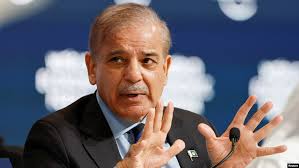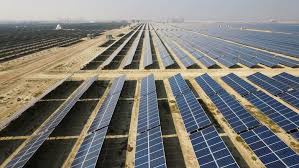
Strengthening Bilateral Ties
In a significant diplomatic move, Pakistani Prime Minister, accompanied by a high-level trade delegation, visited China for crucial economic talks aimed at strengthening bilateral trade relations between the two countries. The visit, which marks a continued effort to enhance economic cooperation, focuses on expanding trade, investment, and infrastructure development. Both nations share a longstanding partnership under the China-Pakistan Economic Corridor (CPEC), and the prime minister’s visit is seen as an important step toward deepening this strategic alliance. The discussions were expected to address key issues such as increasing exports, joint ventures, and ways to overcome barriers to trade.
Key Economic Priorities
During the visit, the Pakistani delegation emphasized several key economic priorities, including boosting exports to China, expanding the scope of CPEC, and increasing Chinese investments in various sectors, particularly in technology, agriculture, and manufacturing. Prime Minister Imran Khan highlighted the need to create a more balanced trade relationship, as Pakistan seeks to narrow its trade deficit with China. Additionally, there was a strong focus on improving economic ties through technology transfer, particularly in sectors like digital infrastructure, renewable energy, and artificial intelligence. Both governments have also been exploring new avenues for collaboration that go beyond traditional trade, aiming to build a more diversified economic partnership.
Investment in Infrastructure and Industrial Development
A significant portion of the discussions centered around the expansion of infrastructure projects under CPEC, with both countries exploring new opportunities to enhance connectivity through road, rail, and energy infrastructure. The prime minister and his delegation emphasized the importance of improving Pakistan’s industrial base, which could benefit from Chinese expertise and investment in modern technologies and manufacturing processes. As part of these efforts, China has pledged to support the development of special economic zones (SEZs) across Pakistan, designed to attract foreign investments, particularly in the industrial and manufacturing sectors. These SEZs are expected to play a critical role in boosting Pakistan’s exports and creating thousands of jobs for the local workforce.
Addressing Trade Imbalances
The trade imbalance between Pakistan and China has been a longstanding issue, with Pakistan’s exports to China being far lower than its imports. During the visit, the Pakistani leadership pressed for solutions to address this gap, advocating for greater market access for Pakistani goods, particularly in areas such as textiles, agricultural products, and minerals. One of the key points raised was the need for better tariff policies and the reduction of non-tariff barriers that have hindered Pakistani exports. China’s commitment to supporting Pakistani businesses by offering incentives and creating a more favorable trade environment was a central topic of discussion, with both sides agreeing to explore ways to enhance the export capacity of Pakistan’s industries.
Looking to the Future
The prime minister’s visit to China underscores the growing importance of Pakistan’s economic relationship with its neighbor, which continues to evolve into a comprehensive strategic partnership. As the two countries work to deepen their economic ties, the focus is not only on increasing trade and investment but also on promoting sustainable development and regional stability. The economic talks are expected to lead to more concrete agreements in the coming months, with both countries committed to mutual prosperity and long-term collaboration. For Pakistan, this visit offers a crucial opportunity to unlock new avenues for growth and development, positioning the nation as an emerging player in the regional and global economy.
Master chess and start earning today with our detailed tutorial

